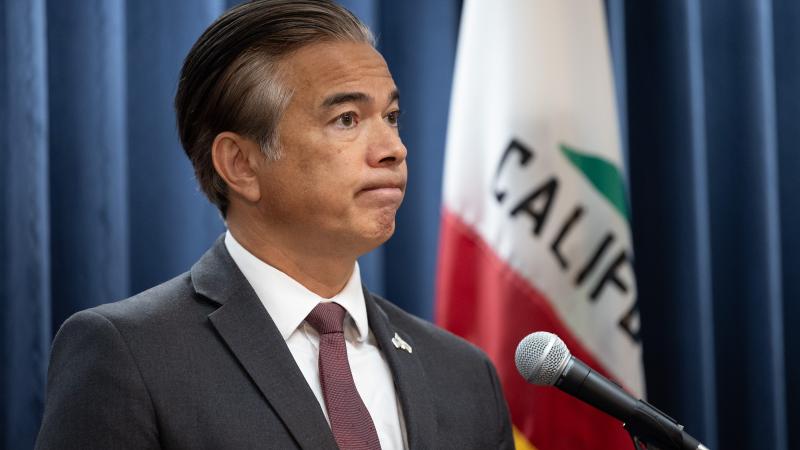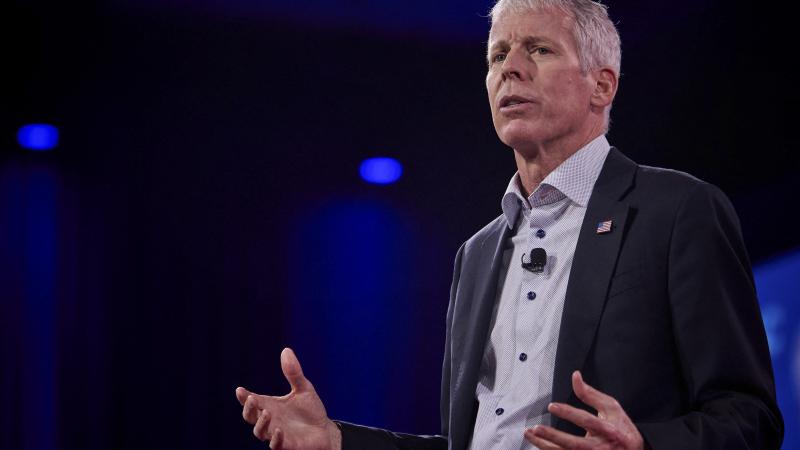New York Gov. Hochul signs bill that would charge oil and gas firms $75 billion over next 25 years
Democratic New York State Sen. Liz Krueger praised the legislation, saying it was addressing climate change.
New York Democratic Gov. Kathy Hochul signed a climate change law that will charge oil and gas firms $75 billion over the next 25 years, leading critics to argue that the legislation will result in consumers paying more for energy.
The legislation is titled the Climate Change Superfund Act. It is receiving praise from environmental groups and criticism from businesses, according to Fox News.
Groups that advocate for businesses say this legislation will result in higher costs for doing business in the state and customers will be stuck with higher energy prices.
Democratic New York State Sen. Liz Krueger praised the legislation, saying it was addressing climate change.
"Well, the Legislature of the State of New York – the 10th largest economy in the world – has accepted the invitation, and I hope we have made ourselves very clear: the planet’s largest climate polluters bear a unique responsibility for creating the climate crisis, and they must pay their fair share to help regular New Yorkers deal with the consequences," Krueger said, according to the outlet.
Other New York local officials also praised the legislation.
"I attended the MTA's Climate Resilience Roadmap unveiling, which showed an outstanding commitment to climate action," New York Assemblyman Jeffrey Dinowitz said on the social media platform, X. "My bill of the Climate Change Superfund Act (A.3351) aligns perfectly, holding fossil fuel companies accountable & funding crucial infrastructure adaptations."
"What would you have them do? Not sell fuel in New York State," asked Ken Pokalsky of the New York State Business Council.
There are 38 firms that will be subject to financial assessments under this legislation, according to the outlet. The assessments are based on estimated yearly CO2 emissions.
Saudi Aramco is likely facing the largest charge at $640 million a year. Other companies that will have to pay include the UK's Shell and BP, Brazil's Petrobas, Mexico's Pemex and America's Exxon and Chevron.
A group of business and industry leaders criticized the legislation as "bad public policy that raises significant implementation questions and constitutional concerns" on top of the financial burdens it will impose on businesses and consumers alike.















